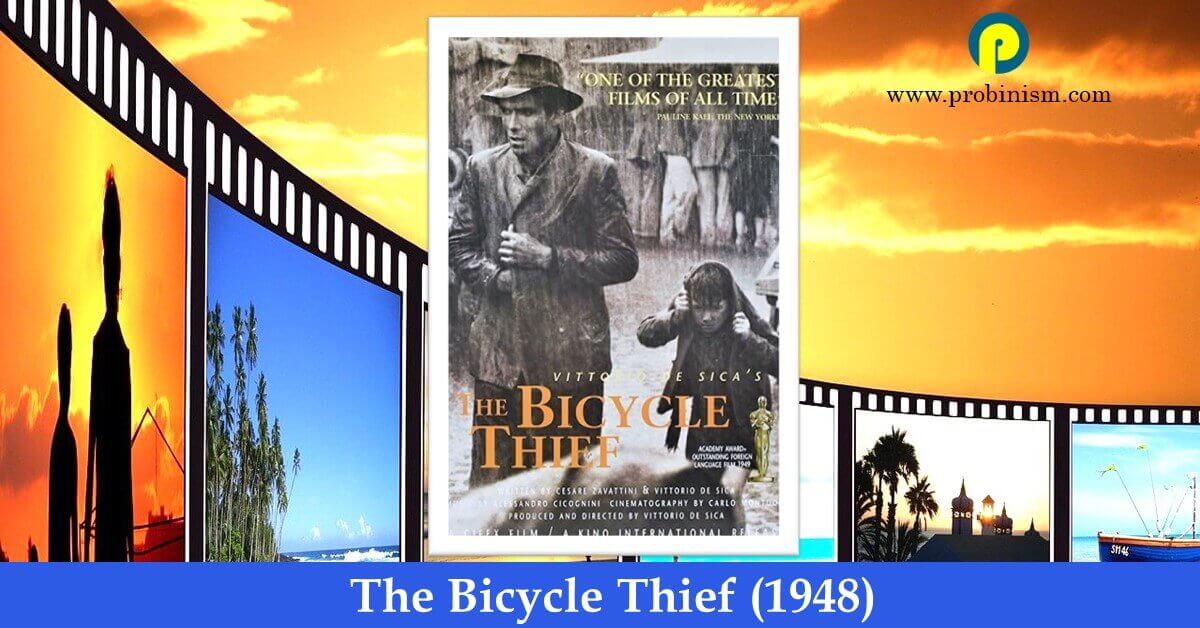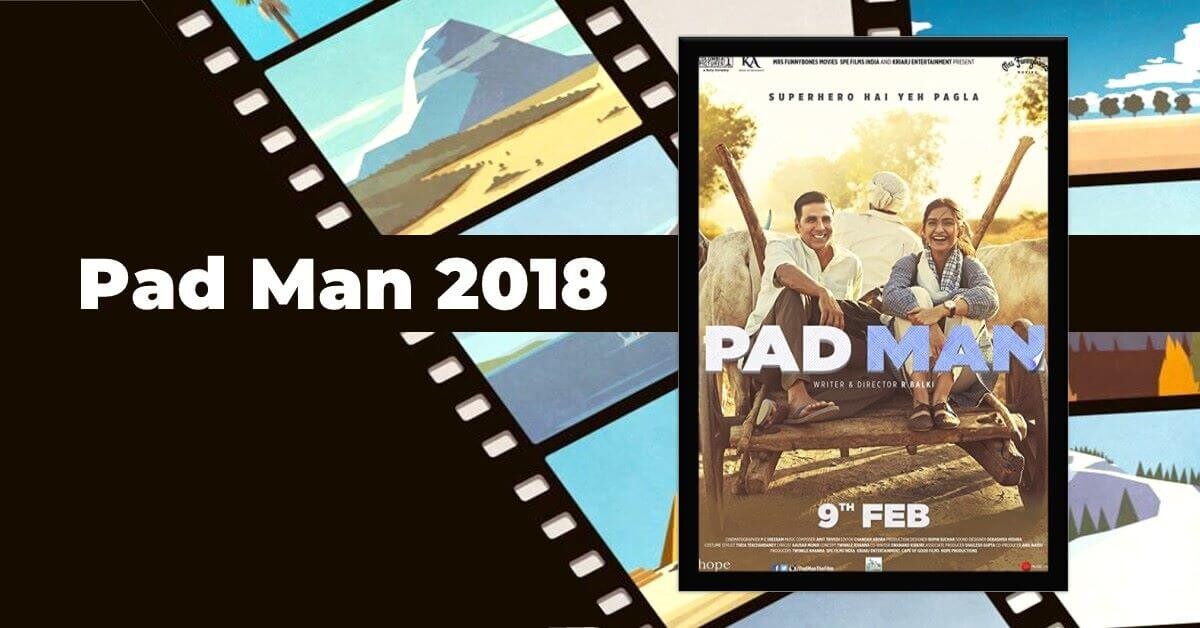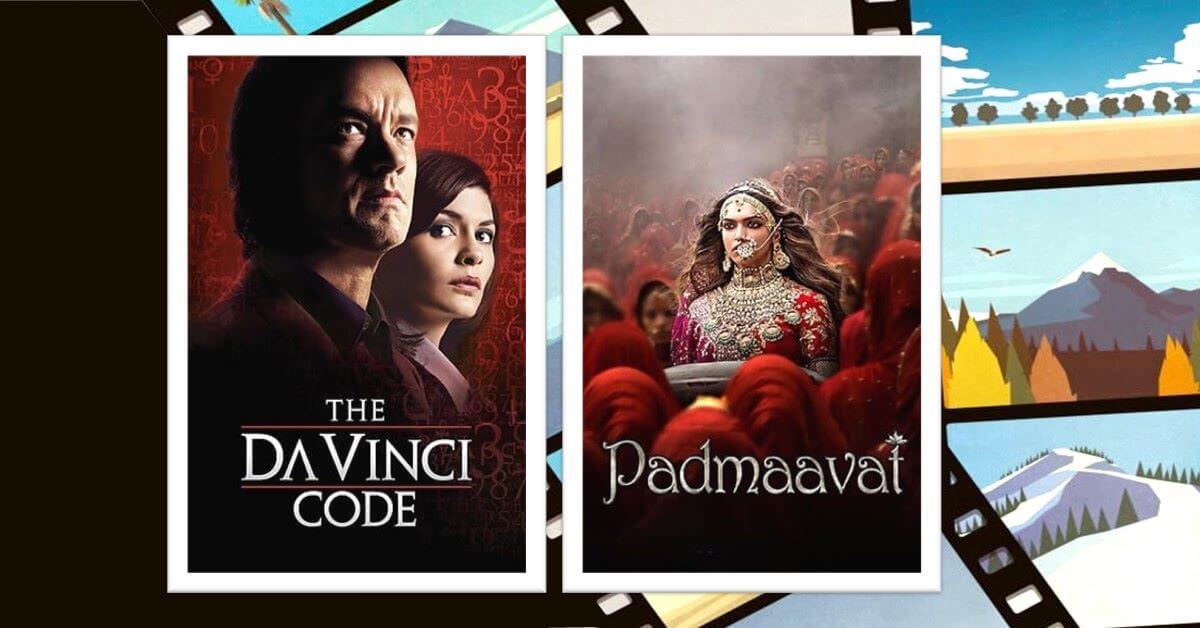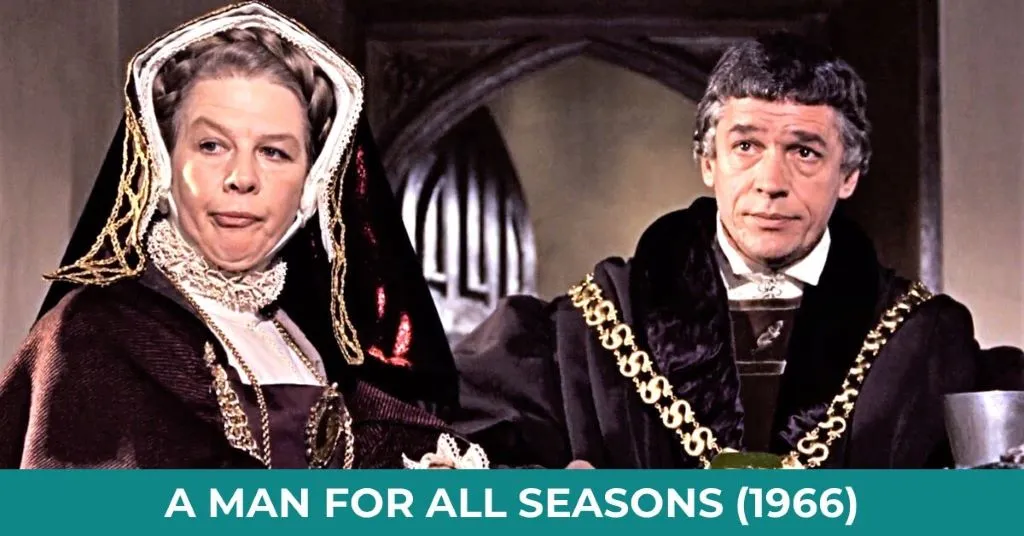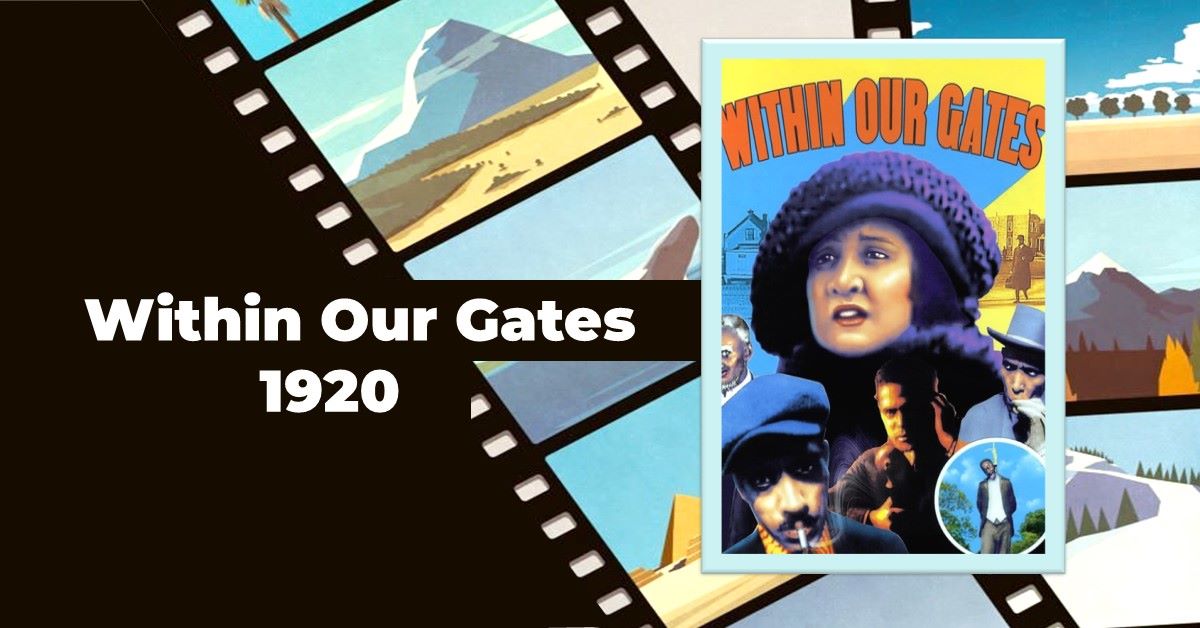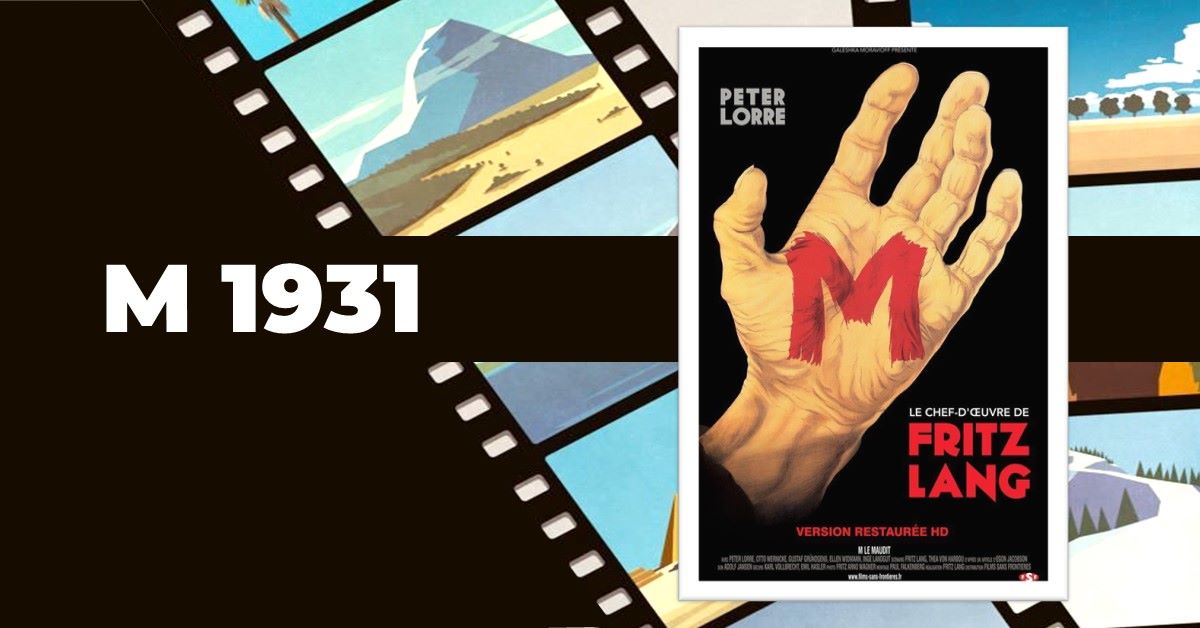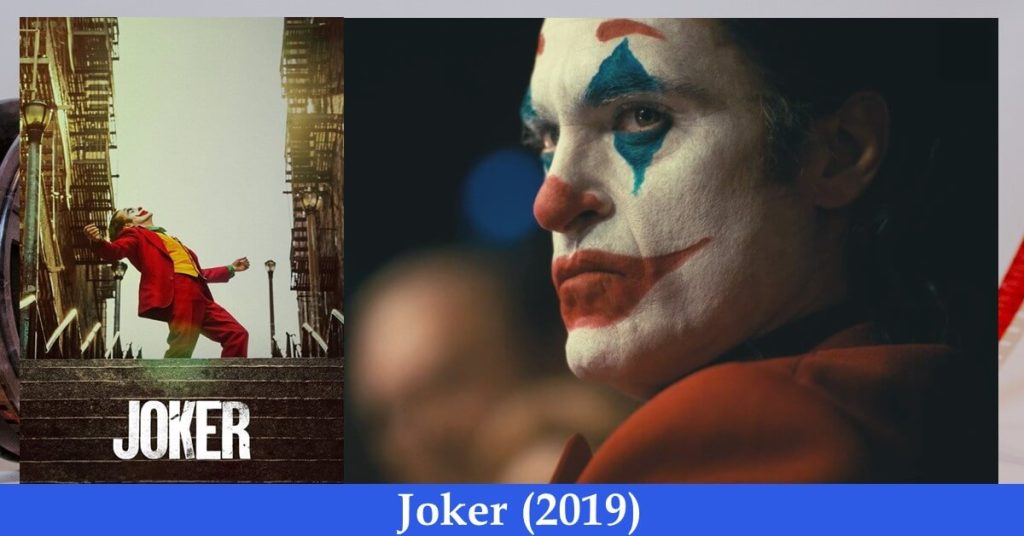Last updated on September 23rd, 2023 at 07:58 pm
The Italian film The Bicycle Thief-1948 or The Bicycle Thieves or Ladri DI Biciclette is a neorealist comedy-drama set during post-WWII Italy that depicts the struggle for survival of a family of four. The film gives a real sense of struggle for the survival of poverty-stricken families in Italy. It was so realistically made that anyone will be stunned by its perception.
As a father and husband, Antonio Ricci badly needed a job, which he can get only if he had a bicycle which he was once able to secure but was stolen on the very first day he started the job. Acted by Enzo Staiola (Bruno), Lianella Carell (Maria), Vittorio Antonucci (The Thief), Lamberto Maggiorani (Antonio), and others, it is the 33rd of the 100 greatest films of all time by the British Film Institute and one of my 101 best films of 100 years listing.
The Bicycle Thieves background: a film of neorealism
Neorealist films were generally filmed with nonprofessional actors, typically exploring the conditions of the poor and the lower working class. Characters oftentimes exist within a simple social order where survival is the primary objective.
Through the style of neorealism, also known as the Golden Age, the film gives a real sense of struggle for the survival of poverty-stricken families in Italy. Performances are mostly constructed from scenes of people performing fairly mundane and unremarkable activities, devoid of the self-consciousness that amateur acting usually entails.
The period between 1942 and 1952 in the history of Italian cinema was dominated by the impact of neorealism, which is properly defined as a moment or a trend in Italian film rather than an actual school or group of theoretically motivated and like-minded directors and scriptwriters.
Its impact nevertheless has been enormous not only on Italian film but also on French New Wave cinema, the Polish Film School and ultimately on films all over the world. Famed for The Rules of the Games (1939), the director Jean Noir also produced films on neorealism.
TheBicycle Thieves tells the story of Antonio Ricci, a long-unemployed man who finally finds employment of putting up cinema posters for which he needs a bicycle. His wife pawns all the family linen to redeem the already pawned bicycle, and for Antonio, it was a great reward, until the bicycle is stolen. Antonio and his son take to the streets in a desperate search to find the bicycle.
The Bicycle Thieves is as much about the position of Italians in post-War, post-Fascist Italy as the relationship between father and son, told through the labyrinth of the cinematic city with director Vittorio De Sica’s arresting visual poetry.
Ian Buchanan mentions four basic principles of neorealism (1) it should project a moment of everyday life rather than construct a fictional tale; (2) it should focus on social reality, i.e. the lives of the majority of the people, the poor peasants, urban dwellers, not the privileged few; (3) it should use non-professional actors and impoverished scripts so as to preserve the natural speech rhythms of people it presents; (4) and for the same reason, it should film on location using a hand-held camera, rather than in a studio.
The Bicycle Thieves is the only film that adhered to all four of these precepts. As the wave of neorealism swept many parts of the world, Indian novelist and filmmaker Satyajit Ray was also influenced by it.
However, Lamberto Maggiorani had never been in a film before. The director wanted a real person to embody (and not impersonate) the Italian everyman in the film. The Bicycle Thieves (1948) is one of the greatest films of all time.
The first important neorealist film was Roberto Rossellini’s Rome, Open City (1945), shot and set in the tumultuous time between the German occupation of Italy and the Allied liberation that followed.
The film celebrates the courage of the Italian partisans and their clandestine fight against the Nazis. It depicts the German occupiers as debauched villains who resort to torture and murder because their cause is corrupt and because the war has by then turned against them.
But The Bicycle Thieves-1948 opens as an official from the employment agency grants Antonio a job. The job is a rare and much-needed break. Finally, Antonio thinks, he will be able to support his wife and two young children. But on the very day, he starts the job,
his bicycle—and the golden opportunity with it—is taken from him. The rest of the film is devoted to his search for the stolen bicycle, which is never retrieved. Antonio is devastated; his decency is taken away and so is the life he wished for his family. And yet, at the very final moments of the film, a glimmer of hope shines through.
Storyline:
The Bicycle Thief
The true function of the cinema is not to tell fables, the cinema must tell a reality as if it were a story; there must be no gap between life and what is on the screen.
Cesare Zavattini, Italian screenwriter and one of the first theorists and proponents of the Neorealist movement in Italian cinema.
Hundreds of unemployed men gathered in front of an employment building. An officer with his cigar in his mouth climbed down and opened up a piece of paper and called on Ricci, one of the unemployed men who was sitting in the street facing the building.
The officer gave him a paper of employment and conditioned him that for doing the job he must have a bicycle, and if he did not have one then anyone from the gathered people will get it. He will have put up cinema posters on the walls of the city of Rome. Ricci assured that he will certainly arrange a bicycle by the next day.
Excited, Ricci reached his wife Maria, who was at a public fountain collecting water. He told her about his lucky-unlucky situation and about the job he is going to get only if he can arrange a bicycle.
He said if he does not go right away, they will give it to someone else. Frustrated, Maria said, “We should not have pawed your bike”. They deposited Ricci’s bike with a pawnbroker as security for money lent to feed his family before, now they need it.
I don’t know what Ricci was thinking about the bicycle, but as they reached their flat, he hopelessly sat down on the bed while Maria was busy collecting all the linen bed sheets that she had had a dowry from her father. She then took them to a pawnshop to sell which helped them to get 7,500 lire.
Then they both went to the pawnshop where Fides the bicycle was already pawned to retrieve it. It cost them a total of 6,100 Lire, including 100 interest. Cheerful Ricci and Maria started for home riding the bike. Ricci had to start his job the next day, for six thousand lire for fifteen days, plus overtime.
On their way home, Maria stopped by the spiritual woman doctor, but she could not get a chance to meet her and had to come back at Ricci’s insistence because he does not want her to spent money on such ‘tripe and tricks’ as seeing the future. Maria thinks Ricci got his job because of the woman, while Ricci believes it’s not her who had helped him find the job.
The next morning, their six-year-old innocent-looking boy Bruno kept himself busy cleaning the bike and complained that the pawnshop caused a scratch on it. So happy and cheerful, Ricci had his cap repaired by Maria.
When she got it ready, she put it on his head and said ‘you look like a cop’ which I guess Ricci found hilarious. He playfully wanted to hit her but caressed her with silliness, eventually, he left the room with a kiss on her cheek, giving her messy hair.
Having their omelette ready and putting it on their chest pocket Bruno, like a grown man, combed his hair in the mirror, wrapped a muffler around his neck and gave a good-bye glance to her infant sister lying on the bed and closed the windows closed to it, the father and son left for work.
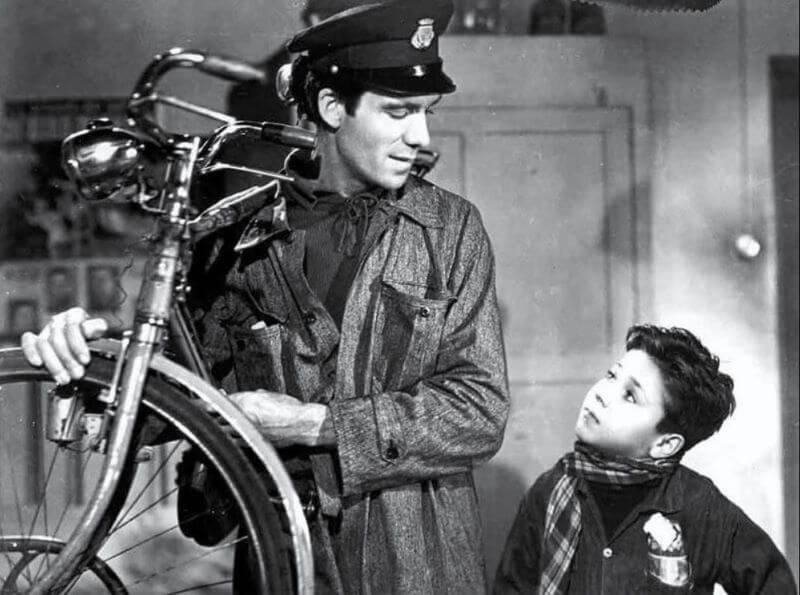
Amid the hundreds of bikers of the city, they rode through carrying Bruno in front. Ricci dropped Bruno on a diesel refuelling station where he works. He told Bruno to pick him up by seven in the evening.
With many others, he drove through the thoroughfares carrying a ladder while paddling. Reaching the work spot, Ricci first learnt how to paste a poster from one of his co-workers, then he tried it on his own.
Departed from his colleague, he went a little farther for another spot and parked his bicycle on the pavement. Erected the ladder against the wall, Ricci climbed up and after applying glue and putting up a poster when he was about to fix the wrinkles on it he instantly noticed that a thief mounted on his bicycle and was rapidly riding away. Ricci left the ladder and posters on the spot and ran after the thief. Ricci’s dream of redeeming from scarcity was shattered.
Ricci reported the incident to the police station. He provided the policeman with information regarding the bike. But, instead of any assurance, the policeman advised him to visit bike stalls the next day and report to the station if he finds it there. They did not take it seriously just because ‘it’s just a bike been stolen.’
Hapless, Ricci rode a tram to reach Bruno who was already waiting for his father to pick him up. Asked by Bruno what had happened with the bike, Ricci did say nothing. Dropping Bruno at home Ricci ran for help from his friend Baiocci, producer of the variety shows rehearsing in a basement. Ricci discussed his plight with Baiocci who agreed to help him.
Baiocci told Ricci to try Piazza Vittorio market at night, which is the only place where thieves get rid of their stolen bicycle. In the meantime, desperate Maria found Ricci with Baiocci and wanted to know if he had looked for the bicycle. Baiocci tried to calm Maria and promised her that Ricci will get his bike back the next day.
The next day with Bruno, Ricci’s search for his bicycle started in Piazza Vittorio. Bruno told Biaocci that the bike was a Fides, lightweight 1935 model. Joined by the other two, five of them started searching Fides among the ubiquitous presence of bikes everywhere line-up for sale.
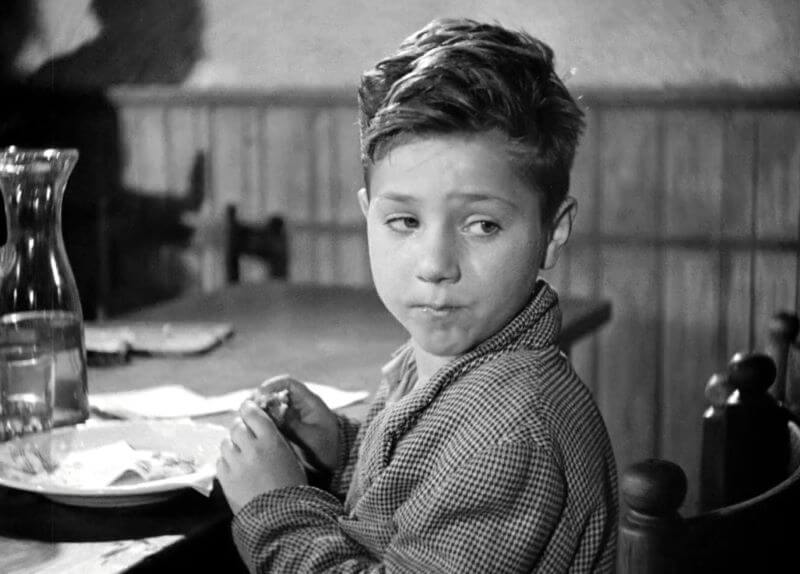
Together they examined the entire market thoroughly. With no luck, they moved to another city, Porta Portese. By the time they reached the city heavy rain started drenching the people, vehicles and the street. Bikes, tyres everywhere except for their Fides. Ricci and Bruno sought refuge from the rain under a building’s rope where many others took refuge.
As the rain stops, Ricci all of a sudden notices his bicycle, a little far from the crowd, near the gate that leads to a different direction, held by the boy who stole it. Ricci notices that the boy exchanged money with an elderly man.
Ricci ran for him and chased as far as possible while the thief disappeared into one of the alleys of the city. However, the father and son are now looking for the old man in the hope that they might get information about the thief.
After many chases, they were able to find the old man on his way to the church. But he refused to give him any information about the boy who stole the bike. Ricci tried to get information about the boy from him even inside the church during the sermon. The old man finally opened up and said he lives at Via della Campanella fifteen. Ricci insisted the old man to accompany him there or else he will take him to the police.
Even though, the old man agrees to do so, on their way out from the church he disappeared somewhere, and is nowhere to be found later. Ricci was disappointed once again, more so to find all the church doors shut for him until finally, they found their way out through the storehouse of the church.
Outside, Bruno told his father that they could have stayed in the church for a little soup– a meal that the church offered to the underprivileged church-goers. Tampered Ricci slapped on Bruno’s face.
Aggrieved, and in teary eyes Bruno tried to part with his father but decided to go along because of his father’s request. Bruno was told to wait at the nearby bridge while Ricci went down to the adjacent swamps to look for the old man.
But in search, Ricci heard a crowd making noise from over the bridge where Bruno was told to wait. Ricci thought Bruno was drowned. He hurried to the spot and was relieved to find Bruno standing over the Bridge.
On their way home, Ricci asked Bruno if he fancies a pizza as he was hungry from running all day. Ricci took Bruno to a restaurant for a ‘make-up’ lunch. They ate fried bread and mozzarella and drank wine. In the restaurant, Ricci said they must keep on trying, and must not give up, because if they don’t keep trying, they won’t be able to eat.
Came out from the restaurant they headed for the fortune teller to know the fate of his stolen bicycle. She told she can only tell what she can see. Nevertheless, she also assured him that he ‘will find it straight away, or not at all, but he must keep his eyes open’.
In the street, Ricci suddenly noticed the boy who stole the bike. With Bruno followed by, Ricci kept following, Alfredo, the thief. But Alfredo entered an apartment and disappeared into a brothel, managed by his mother.
Forcibly Ricci entered the brothel and kept chasing Alfredo, while Bruno waited outside. Inside, among the prostitutes, Ricci managed to seize and brought him down on the street. Ricci demanded the bike, but Alfredo refused that he stole it.
Amid the chaos when Alfredo was sympathised with by many local mafias from the neighbourhood and the situation turned tensed, Bruno ran to the police station. However, Alfredo, all of sudden caught with epileptic seizures and fell on the street.
Soon, Bruno appeared in the crowd with a policeman. The policeman searched the house of the owner of the brothel thoroughly but found the bike nowhere. He could not help him because of the lack of any witness, while Alfredo has a street-full of mafias to witness for him. Disappointed they left the crowd with no hope.
Ricci was so unsettled that he did not even notice that Bruno was about to run into a vehicle twice while crossing the streets to keep up with the pace of his father. They came to Rome National Football Stadium where Champions League matches were being played. His sight fell on a parked bicycle against the wall of the stadium.
On the other side of the street, he sees hundreds of bicycles parked. He sees how thousands of sports lovers going home riding a bicycle once the game was over. Bruno, who was sitting on the pavement, was observing how his father’s every frantic move. Suddenly, Ricci instructed Bruno to take the tram home by giving a few lire. But Bruno missed the tram because it had left before he reached the boarding spot.
Ricci decided to steal the bicycle which was parked against the stadium wall. Therefore, he mounted on it and started pedalling speedily. However, the owner realised the theft and started shouting as Ricci tried to escape through the streets.
Making the matter worse, the pedestrians and other people became alert and Ricci was surrounded all around and entrapped. The crowd dragged him aside. Bruno realised what was going on with his father from the tram platform. Broken, he ran to his father shouting ‘baba, baba’ amid the crowd.
As the people were deciding where they could take him, the owner looked at crying little boy Bruno and was filled with compassion. Instead of pressing any charge, he let him rather go. The crowd says ‘it’s your lucky day’. Humiliated, the father and son headed for home. as father and son exit into the dusk, the boy takes his father’s hand, granting forgiveness.
The Bicycle Thieves Movie Quotes
Dole money doesn’t solve anything, it humiliates the worker it’s soon gone and it doesn’t solve the problem.
Any problem can be resolved except death.
They won’t show their faces again! We won’t find them with your Mum’s candles, either! Or with the help of the saints!
Conclusion
The tears on the father’s face tell us how important this gesture is to him, but true to the neorealist commitment to a cinematic truth, the father still does not have a bicycle and still does not have a job. Such are the bitter facts of life in post-war Italy.
In Bicycle Thieves (1948) (released in the United States in 1948 as The Bicycle Thief), for example, a family’s welfare hinges tenuously on the possession of a bicycle.
Basic human decency triumphs after the police, the church, the political leadership, and the state have all failed. The image of father and son holding hands has been discussed by scholars, who see in it a powerful gesture of solidarity. The title of Mark West’s article,
“Holding Hands with a Bicycle Thief,” makes this point brilliantly. Ricci puts his faith in an object, a Fides bicycle; loses it; and only then realizes that his real wealth lies in his son’s love, a human emotion.
Film critics and cinema historians find every move of the films significant. They see the film through the lance of metaphor. Ricci was seen to live in an apartment. But how come Maria was seen fighting for her turn in the public fountain? It is because during that time there was running water. The harsh reality was that a family’s well-being was entirely dependent on having a bicycle, where thousands of bicycles waylaying right in front of his sight.
The ubiquitous presence of bicycles in the film is also a constant reminder of Antonio’s inability to provide, his irresponsibility, and his injured self-esteem.
How can one man be so lost, left alone, penniless, worthless, and without recourse to normal society when there is so much to be had? The state failed him, the justice system failed him, the religion failed him, but regardless of all the failures, Ricci started to reinstate his faith in humanity.
The church, where the poor receive sustenance in return for rituals, they have no interest in; the economic elites, who continue eating and drinking as if there is no worry in the world; and the political leadership, who make grand claims but provide nothing, are likewise helpless. None seems able to provide that which is most urgently needed by Antonio, or anyone of his kind.
The struggle of a father to provide for his family and a son’s mature attitude kept me bemused throughout the film. When a nation fails someone he gets rejected everywhere, misfortunes just run after him.
It again reminds me of American Author and Journalist Mignon McLaughlin who says “When pain is great, we will let anyone be a doctor”. Even though Ricci did not believe it the fortune teller, desperate he still checks on with her once his bicycle was stolen. Certainly, Bicycle Thieves-1948 can be a great creation for film lovers.
References:
BAZIN, A. (1971). WHAT IS CINEMA? VOL. II.
Buchanon, I. (n.d.). Oxford Dictionary of Critical Theory.
ENGEL, A. (2020). Hope, Despair, and Justice in Postwar European Culture: Bicycle Thieves, The Plague, and The Man Outside as Case Studies. Comparative Literature.
Lewis, J. (2014). Essential Cinema: An Introduction to Film Analysis. Boston: Michael Rosenberg.
Sica, V. D. (Director). (1948). Bicycle Thieves [Motion Picture].
Tomasulo, F. P. (1982). “Bicycle Thieves”: A Re-Reading. Cinema Journal, Vol. 21, No. 2. , pp. 2-13.
